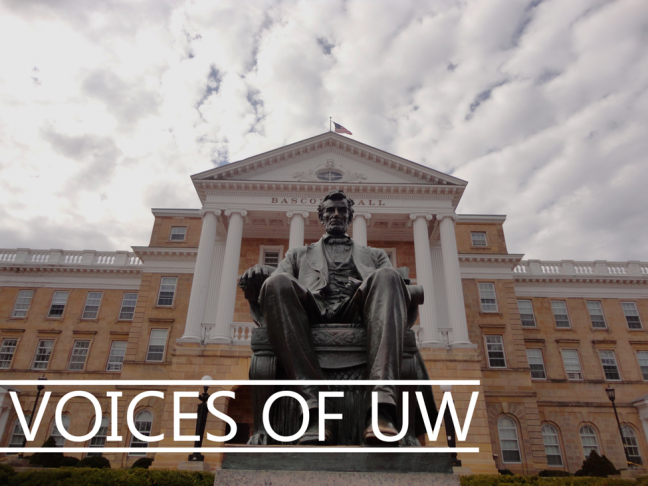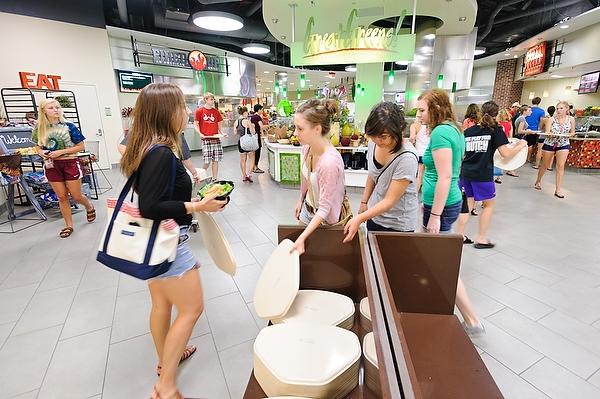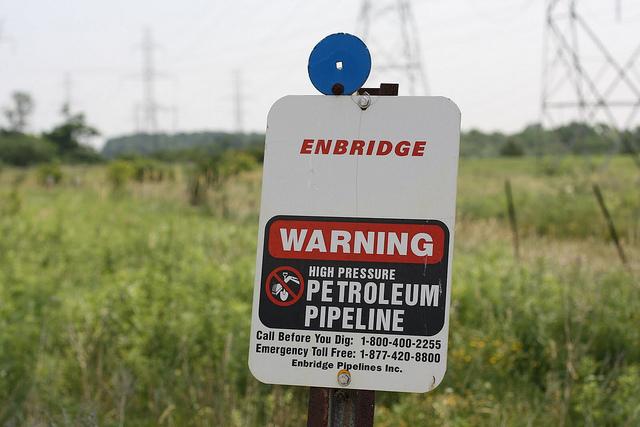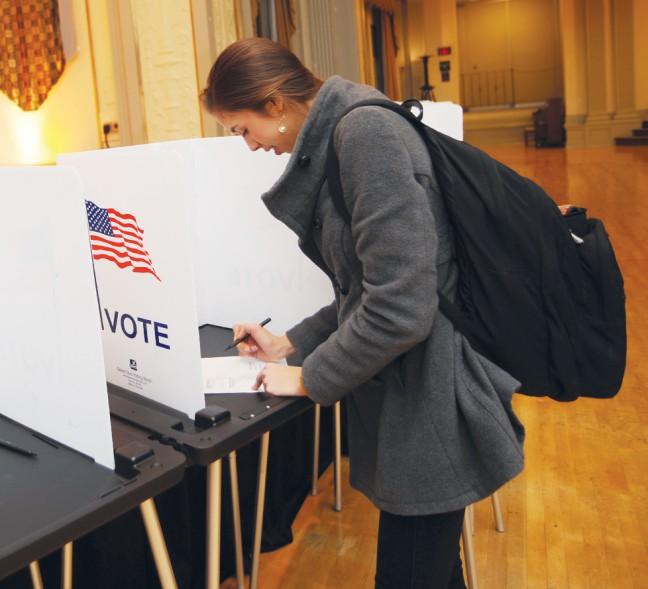I recognized some of these stories from years ago, which proves to me that #TheRealUW is more of an archival tool than some brand new thing describing out-of-place, brand new injustices. These stories are critical in describing what it really feels like to be a marginalized student on University of Wisconsin’s campus before the hashtag emerged. The great thing about the hashtag is that so many experiences are now catalogued and getting attention from people who have the power to act.
It’s my third year on campus and these conversations aren’t new to me. I’ve sat on panels and told stories to faculty and staff about things that mirror what you see on Twitter. Saying what happened to me or my friends is not new, but I hope with the revelation that these issues are persistent, administration will act with urgency.
On campus, it seems any time an incident similar to the ones described in #TheRealUW is discussed, particularly in conversations with people who have the liberty of ignorance, the students expressing their truths are met with disbelief. Often, that disbelief is another form of hostility — “You’re lying. That didn’t happen here.” My favorite antagonizing comments are of the “If you don’t like it here, leave” genre.
Using #TheRealUW, retweeting and quoting with different experiences is how students have been able to say, “Me too, that happened to me too.” Though the amount of students of color alone is laughably small, the answer to these issues will never be asking us all to leave, anonymous white peer on YikYak.
The thing that #TheRealUW has highlighted for me — the thing I hope administrators are paying attention to — is the frightening nature of the majority students’ mindsets. #TheRealUW is to marginalized students what being racist and cruel on YikYak is to hateful majority students. That is to say when #TheRealUW first started to pop off, YikYak posts from majority students were attached as receipts of what seems to be so difficult for my white peers to accept both online and in real life. I paid as much attention to those posts as I did to the jarring yet unfortunately familiar testimonies shared in #TheRealUW.
I began to consider how much the internet marries and mirrors the connection between the virtual world and my vivid, everyday, flesh-and-blood life. The experiences recalled and archived in #TheRealUW existed in the world and on campus before they were put in 140 characters and distributed for all to see. Away from Twitter, the discomfort, fatigue, pain, anger and shame attached to those experiences still linger, as do those YikYak posts and the unmitigated caucacity and ignorance necessary to type them.
When I think of those YikYak posts, I realize I am sitting in classrooms full of students who need rehabilitation. When they express these ideas in the sterility of lecture halls, it often goes undetected and unchecked. When the ignorance manifests in action, administration is aghast, but students who see and hear these quips on a day-to-day basis are unsurprised.
I know they don’t think I belong here, they have merely taken the time to show it. While it is noble and necessary to provide better mental health support for students who have experienced the blunt end of whiteness, we need mental health support and additional education for students who think they are more deserving of education and comfort.
We need consequences because part of the issue is that this hate is normalized and telling the truth in #TheRealUW is considered rare and hard to work with. But it must be worked with. I hope that with #TheRealUW the administration sees what we are up against every day and works with us to address it.
–Hiwot Adilow











